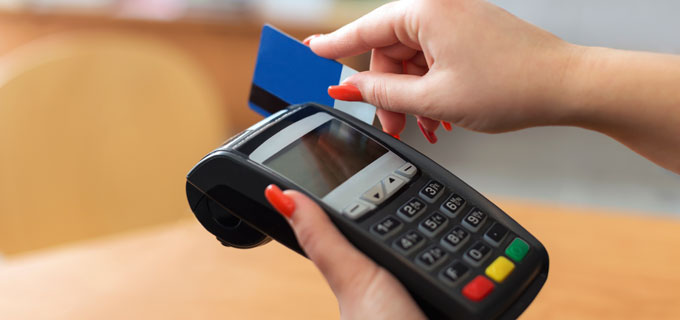The future of money
Believe it or not, the current US Presidential nomination process has thrown up a passionate debate about the nature of money, and particularly whether it is 'sound' or not. Voters are frustrated and fearful about the economy. Politicians (with no economics training) are arguing that in these uncertain times we need a currency backed by something 'real' like gold.
This seems oddly backward-looking in the era of the internet. It begs a question: what sort of money do we need to fuel the economy of the 21st century?

